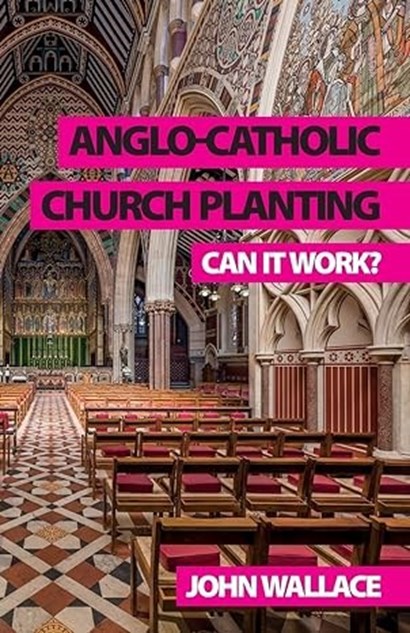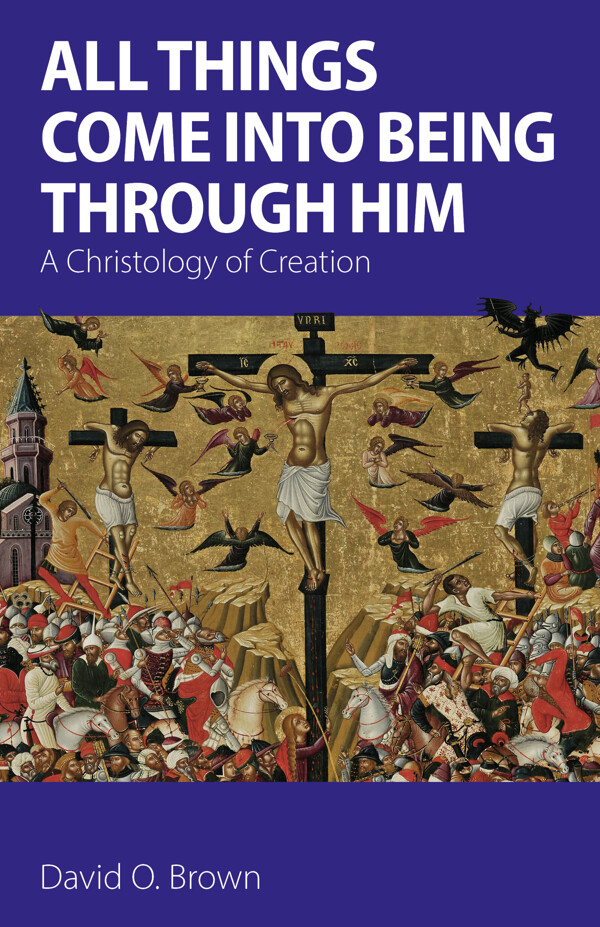Perhaps you have some awareness of both the problems and possibilities that emerge from the way we articulate the shape and meaning of our religious convictions. What do you understand by God? How do we convey the presence, rationality and engagement of God amidst the complexities of this new year? We see and hear minute by minute the unfolding tragedies of the Middle East. Closer to home perhaps even the most skeptical of climate crisis agnostics have seen in recent days how weather patterns are changing with devastating results for those who live and work close to water.
Those of us who work in theological formation with the privilege of equipping a new generation of ministers with knowledge and passion to share Christian truth need tools to support this deepening of wisdom. Our student to be resourced for a presence and engagement with the questions that we need to listen to when we stop talking. ( Take a look at our offer : https://www.sarum.ac.uk/ministry/)
These four books, all published by Sacristy press offer something for this adventure of teaching and learning. These writers demonstrate why theology is important. They certainly show the rich and far-reaching influence of Christian faith on almost every aspect of human living in society. Lets take a look at them!
- Wallace on Anglo Catholic Church Planting
Churches like football clubs want or need to feel that they are successful, attractive and viable. We compete in our ecclesiological debates as we explore why it is that since the 1960’s all major church denominations have experienced a gradual and, perhaps even, inexorable decline. ‘Church’ just isn’t as popular as it was. Churches find it difficult to attract new members. Churches have fads and fashions which come and go. Churches like human beings experience anxiety as we all struggle to survive and flourish in these present moments.
https://www.sacristy.co.uk/books/theology/anglo-catholic-church-planting
John Wallace, a lifelong supporter, participant and believer in the Church of England. He offers his reader here a carefully crafted version of his doctoral thesis. It is well organised. Tradition and history are key sources of wisdom for our understanding of the present. The much-debated developments in the recent history of the Church of England in the support of church planting within a particular part of Anglican polity is discussed within a firm commitment to the traditional role of the historic parish and its church. The book introduces the reader to some Anglo- Catholic literature as he offers some innovative comparisons between the great expansion of churches during the Victorian and the present commitment of what is described as the ‘fresh expressions agenda’. It is a particular strength of this book that the field work that formed a substantial part of the doctoral research opens a rich tapestry of the experience of mission and ministry in today’s church. Many would benefit from some distance in standing back and examining in detail their history and context. Who are we? What dis going on in our communities? How do the people in community understand Church ?
It is of course impossible to cover all areas of ecclesiology in such a relatively limited space but Wallace offers his reader a compelling invitation just think differently about how we think and practice ‘Church’. His suggestions for further reading are well worth using for any who wish to attend to the nature of mission in these present moments.
2. Jill Baker on Pilgrimage
There may be as many reasons for putting pen to paper or opening a new Word document on your computer as there are individuals working out what they think and feel. This book had its origins in the tragic suicide of the author ‘s 18 year old son. Jill Baker shows the reader that she needed God to be bigger and wider in the context of this life changing tragedy.
https://www.sacristy.co.uk/books/prayer-spirituality/bigger-wilder
So what follows is a wonderful, playful, insightful and grounded book about pilgrimage. The shape of the pilgrimage in its four stages of departure, journey, encounter and transformation are opened up for us with care and an earthy pragmatism. This narrative convinces this reader that the writers shoes have been worn and matured in the mud and grit of her journey.
The nine chapters are practically crafted as we are invited to step into the spirit of pilgrimage. We are asked to explore how our sense of who and what God is might need to change. Informed by the ecology and wisdom of Methodism, grounded in scripture but also informed by human experience we are offered a particular way of doing theology together. There is an integration and generativity at every turn of the page combined with practical pointers as we explore, for example, restlessness, encounter, attentiveness and rhythm.
It may just be that part of the future of religion is to abandon its buildings, its internal machinations and politics and get out onto the road on pilgrimage. I don’t think any reader will be disappointed by the quality of this book and its story.
3. Martin Gainsborough on Mission and Politics
Martin Gainsborough has been a regular visitor to Sarum College from Bristol. Like many others this was the place where he trained for ministry. I have been encouraged by his ongoing commitment to learning and reading and have always enjoyed my conversations with him. He has recently been appointed Bishop of Kingston. He came into ministry from an academic career, most immediately, in development politics at the University of Bristol.
https://www.sacristy.co.uk/books/theology/politics-mission
One of the reasons why this book is so important is that it reminds it’s reader of the possibility of Christianity being always transformative. Martin offers us a vision of how faith is both fresh and relevant. Why ? Because it tells a different story about the world we live in. It invites us into engagement with the Christian tradition and to show others how faith is practiced. It is a radical challenge to any who might want to individualize or sentimentalize the shape and practice of faith. Running through the veins of this book is a single mantra that we would do well to consider in this election year. The church is political. It follows that our faith will have profound implications of how we inhabit God’s world and serve it with the power and agency of gospel wisdom.
Some of these narratives have been shaped by life in the Diocese of Bristol it’s always good to see an author’s acknowledgments and sources. These are diverse and wide as one might expect from an academic. One of the reasons why I hope that our students here at Sarum will dig deeply into the treasures of this short volumes wisdom is the creative and innovative way in which links between worship and liturgy are made. This is a base for exploring a vision of what it means to be human and to flourish in these complex and conflicting times.
I suspect as the author suggests that the book will come alive through its use in groups and as a basis for conversation prayer and study.
4. Brown on a Christology of Creation
https://www.sacristy.co.uk/books/theology/creation-christology
The final volume is the weightiest of all four. David O. Brown offers in over 400 pages a carefully crafted text a Christology of creation. He writes well. However even this reader had to stop, backtrack and reread sections of the text again for clarification. This is no bad thing. In a world of immediate and sometimes slightly poorly articulated argument it is necessary for us to stop and dig deeply into the wells of truth and wisdom. Brown shows us what happens when we dig deep.
We note the authors sources. Arguments, theologians from across Christian history are used carefully to explore how we are dependent as creatures of God on a relationship with God. Drawing on Thomas Aquinas’ doctrine of creation, we note that providence is ongoing. It offers us a fulfillment of a relationship with the divine mystery that has within it all kinds of possibilities. In this framework the incarnation is the core of that relationship. For Brown this offers us a compelling and convincing reality of the absolute truth of deism.
Those of us who are part of a faith community would do well to revisit some of the fundamental tenants of the Christian tradition. What kind of God do we believe in? Within the context of a world where there are many who live with a sense of the spiritual in their lives what kind of theology might deepen and expand our worldview? Is it possible to live with a sense of God as both all-powerful and all-loving? How do we account for evil ? Do the narratives of science offer us a more convincing sense of the shape of human existence than those of theology?
Brown reminds this reader that if we are to communicate the truth and wonder and beauty of God with convincing gentleness then we need to dig very deep into theology. If we are to be convincing communicators of Christian truth then there is no alternative to the nurture of an intellectual, theological, cultural and emotional hinterland that can have experience shaped and reshaped by theological truth. In this sense Brown shows us why theology is so fundamentally important to our understanding of the world and the nature of God. I promise you that this volume will bear fruit for you !
So – back to work – and as I share these books with you – I wish you a happy and stimulating 2024.



